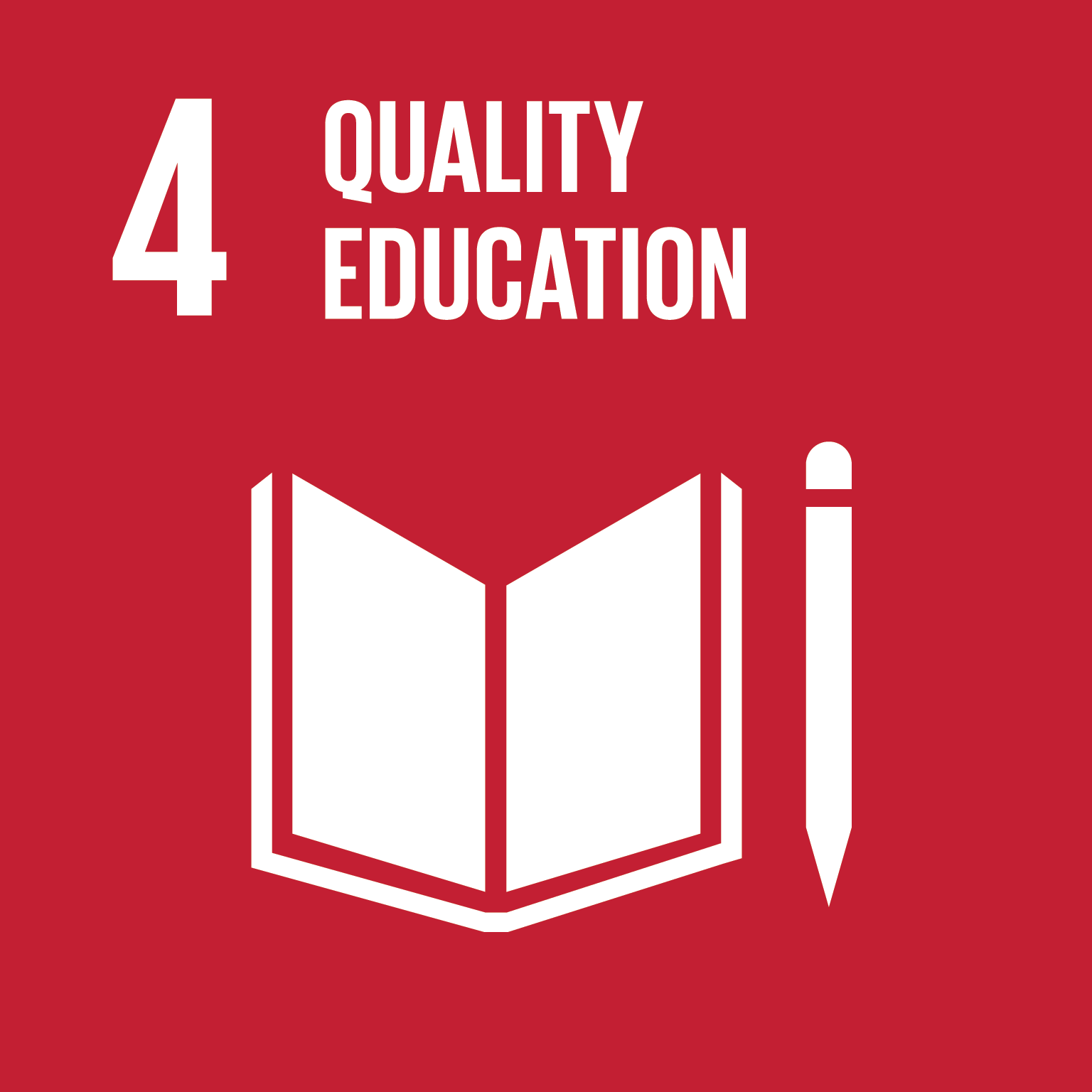The Accounting, Organisations and Society (AOS) course is a great example of commitment and innovation to meaningful education around the SDGs.
The Accounting, Organisations and Society (AOS) course is a great example of commitment and innovation to meaningful education around the SDGs. The philosophy behind this course, coordinated by Associate Professor Gillian Vesty and Associate Lecturer Viktor Arity, is ‘accounting as a social practice’ whereby students explore the broader societal role accounting can play.
This course, offered by the School of Accounting, moves beyond teaching a shareholder approach (which focuses on profits, share price and dividends) to a stakeholder approach which engages with notions of accountability to a variety of internal and external stakeholders and measured according to financial and non-financial impacts. In each of the assessment tasks, students are asked to consider the sustainability factors associated with business decision making.
The main assessment task is to develop a business plan based on ‘an idea that improved the performance of an organisation’. Students are given a digital template that had staged assessment points embedded within the template. The first stage is to generate a unique business idea (for any business) and describe how that idea would improve performance.

Student ideas are not limited to social enterprise and could extend to environmental and sustainability-related performance. In subsequent stages of their business plan development students are then asked to report on their approach to corporate social responsibility (SCR) and to demonstrate how the success of their idea are measured, using at least four different (4) SDGs.
Project timeline: 2018 - ongoing
Key contributors: Gillian Vesty and Viktor Arity




